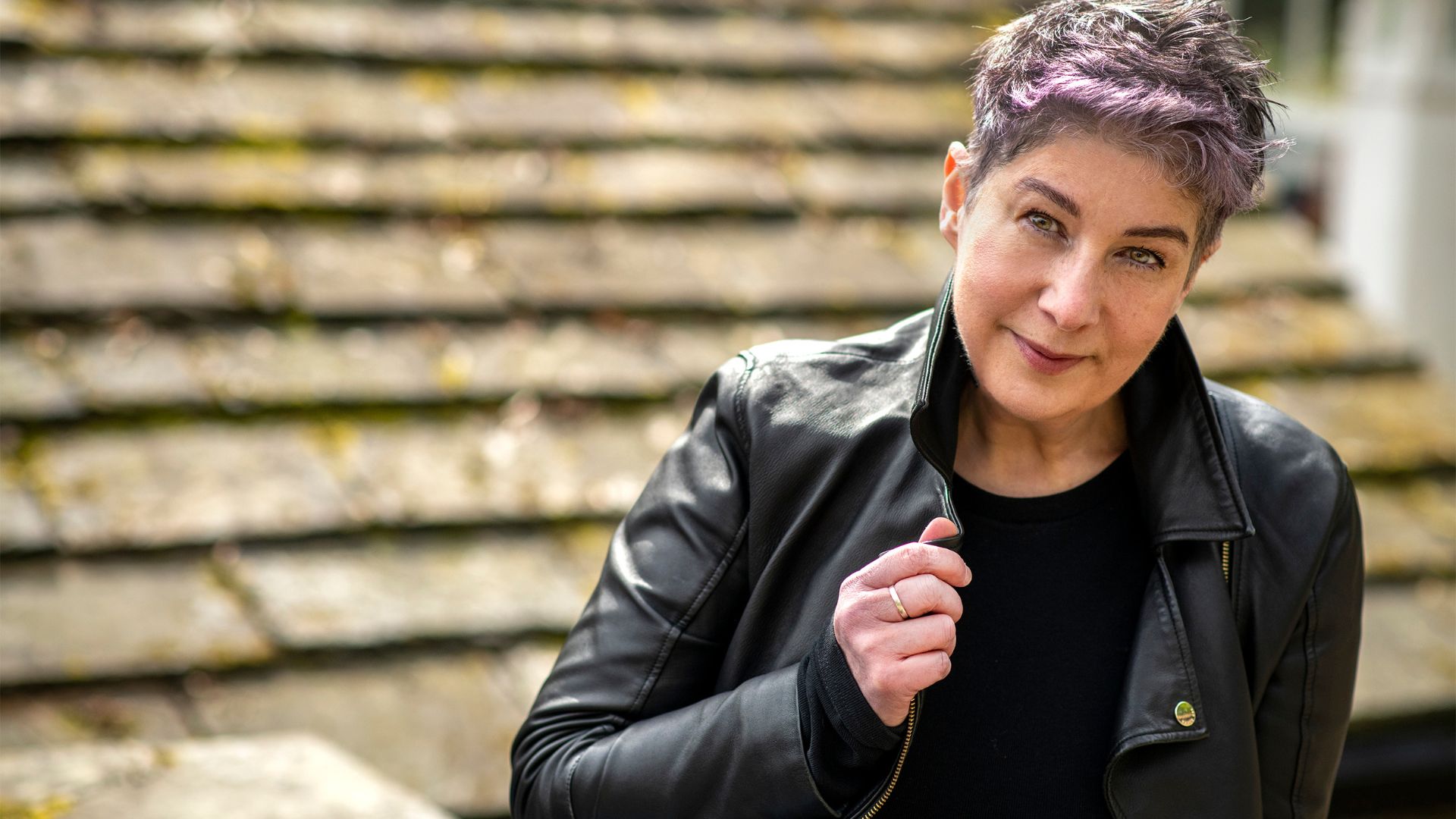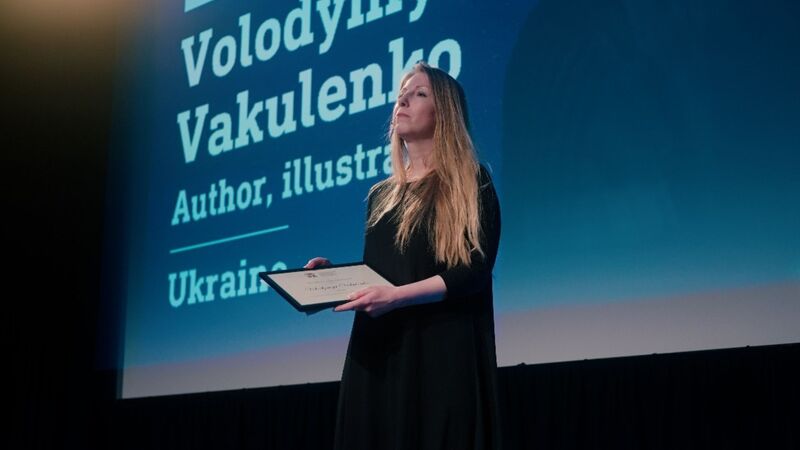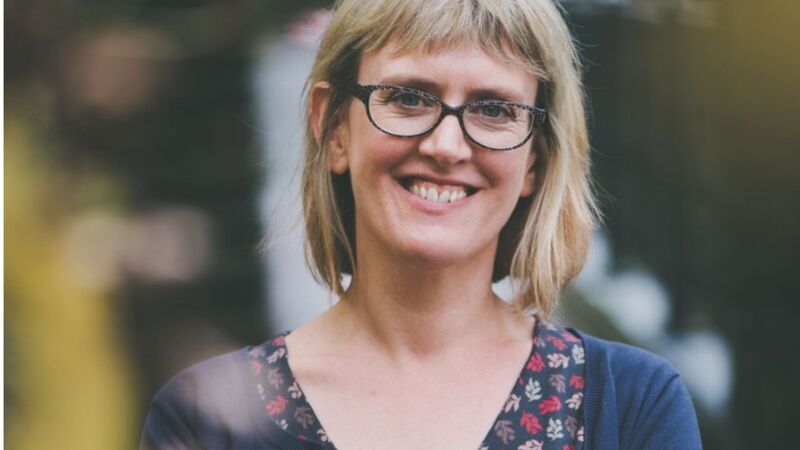You are viewing your 1 free article this month. Login to read more articles.
ALCS launches AI report in parliament of 13,500 authors showing major concerns
The Authors’ Licensing and Collecting Society (ALCS) launched a major report in parliament on Tuesday (3rd December) of over 13,500 authors’ views on artificial intelligence (AI) showing almost all want remuneration if their work is used for training models while over three-quarters (77%) do not currently know if their writing has already been used in this way.
Chris Evans MP presented the findings at the All Party Writers Group Winter Reception on the Terrace Pavilion at the House of Commons with around 150 authors attending and Joanne Harris and Caroline Dinenage, chair of the Culture, Media and Sport Committee, also discussing their concerns around AI.
The 40-page report, "A Brave New World? A survey of writers on AI, remuneration, transparency and choice", follows a survey of ALCS’ 13,574 members over the summer about AI and two potential licensing options that would enable ALCS to compensate writers when their works were used.
The report suggests that authors are not completely opposed to their works being used to train AI models—but only if they received fair compensation, were appropriately credited or their permission was asked.
Around 91% of writers feel that they should be asked for permission for their works to be used to train AI and almost all—96%—of writers would want remuneration if their works have been used to train AI. A slightly smaller number—92%—said they would want to receive compensation for any historic use of their work to train AI. Creditation is also an issue with 87% wanting to be credited when their works are used to train AI.
Transparency was also flagged with over three-quarters—77% of authors—not knowing if their work has been used to train AI models. Additionally, 71% of the writers surveyed were concerned about their works being used to train AI and the same percentage were concerned about AI platforms "copying or mimicking" the style of their writing.
ALCS explored views around potential collective licensing models. Respondents were broadly supportive of finding a licensing agreement that would enable them to benefit from the use of their works to train AI systems: 81% said that they would be happy to support a licence if ALCS was able to secure one and 72% of members would expect to have the ability to opt-out of any licensing schemes that are put in place.
Harris, author and ALCS board member, discussed her concerns regarding AI. She revealed how she had considered using AI to write her speech “but realised it would be so boring you would all be asleep by the end of it”.
“People have been talking about AI since 2020,” she added. “Wherever I go, whenever two writers get together or even two readers, they start talking about AI. And it’s clear to me that people are deeply concerned and troubled about all sorts of aspects. Readers are concerned that they are not being told whether what they are reading is AI or not and they would like to know, and writers… well, writers worry about their jobs.”
She added: "Who do we want our children to connect with? Is it us or is it them [AI models]?… We need to give creators the respect and nurturing they deserve because otherwise in a generation there will be no creators left, there will only be the electronic ‘nanny’ and there will be no bringing that genie back out of the bottle because it will be a dead genie. That will be a terrible thing for all of us."
Last week tech company Spines revealed plans to produce 8,000 books through AI by 2025.
Dinenage revealed how AI would be a major focus of the Culture, Media and Sport Committee: “The theme of AI is something that we’re going to use as a thread… throughout our inquiries that we look at as a select committee because it is so existential to so many sectors that we champion.
“We are facing some pretty serious challenges in this area… these [culture, media and sport] sectors, which drive our economy and are responsible for the incredible soft power around the world and are our calling card, we ignore them at our peril.
“I want to congratulate the ALCS on running this survey… It is so important IP is respected in AI… The respondents of the survey overwhelmingly support the principles of transparency and renumeration when consulted on how AI uses their work.”
Harris also wrote a blog on the ALCS website about the subject to accompany the report, urging for solutions in this area. “We must ensure that it is no longer used to monetise creators’ work—and, potentially, to remove their livelihood—while denying their contribution,” she wrote. “The tech sector is lobbying for new copyright exceptions, and ALCS and creator organisations are working hard to ensure the UK rejects this path in favour of legal requirements for far greater transparency, enabling a fair and workable licensing regime to develop.”
ALCS chair and technology philosopher Tom Chatfield—who recently spoke on the subject at FutureBook alongside other AI commentators—also discussed the findings in a blog for ALCS. “The data tells a clear story: when it comes to artificial intelligence, writers are being kept in the dark,” he wrote. “Behind these statistics lies a fundamental imbalance in how creative work is valued and respected in an algorithmic age.
"While tech companies rush to train ever-larger systems on vast libraries of human-made content, its creators are neither consulted nor compensated. Yet what’s striking about the ALCS survey isn’t just writers’ concerns—it’s their readiness to engage with solutions.”
Additionally National Union of Journalist president Natasha Hirst launched Scoop, a new model for remunerating freelance journalists, at the reception.



















